Colitis is an inflammation of the inner lining of the colon. The reasons for its appearance are of a different nature. Intestinal bacteria, long-term use of antibiotics, dysbacteriosis, improper nutrition and diseases of organs of the digestive system can cause colitis.
This disease occurs in different phases and is expressed as acute and chronic, there are also different types of it.
Since the disease occurs in the digestive tract, nutrition is of particular importance in treatment. The healing process goes in parallel with a diet, and sometimes it is the main treatment, and this method has proven its effectiveness over time.
Colitis symptoms can be relieved immediately and eliminated gradually with proper nutrition. Strict adherence to the diet is a guarantee of easing the course of the disease. The Colitis Diet removes irritation and soothes the intestinal mucosa.
Diets according to the type of disease
The diet is determined by the type of colitis and the strength and duration of the colitis crisis.
For highly aggravated colitis, fasting is necessary for 2-3 days, during which the patient must drink no less than 1.5 liters of water or tea. When the pain subsides, adherence to a special diet follows, the duration of which is determined depending on the symptoms. The diet varies from 2 weeks to several months and ends with a transition to a normal diet.
During the diet, several important requirements must be observed, regardless of the type of colitis, which guarantee its success. They are several:
- sweet foods and sweetened flour products should be removed from the diet;
- food processing allows boiling and grilling, completely excluding frying;
- plant-based food must also undergo heat treatment;
- mineral water is recommended, the amount must be increased to 2 liters per day;
- spices should be excluded from the diet;
- fats are also excluded from the diet;
- the food is divided into several meals, about 5-6 per day, making sure that the body receives the nutrients and fluids it needs, in order to avoid dehydration and loss of body weight.
The foods that should be included depend on the type of colitis and the severity of it.
Diet for chronic colitis with constipation
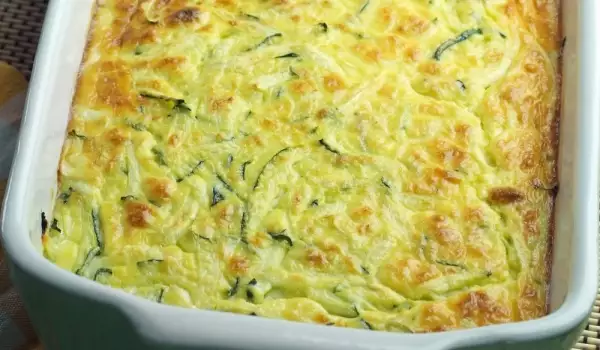
The diet for chronic colitis with constipation has its own characteristics and differences from the general dietary regime. It is chosen so that the basis of the diet guarantees the reduction of the tonicity and the weakening of the peristalsis of the large intestine.
This necessitates the presence of foods rich in dietary fiber. We're talking about plant fibers. They contain cellulose, lignin, pectin and have the ability to absorb water and increase their volume, which normalizes intestinal peristalsis and stimulates their emptying.
Black bread made from coarse ground flour and bread with wheat bran are suitable in the diet. Intestinal peristalsis is also very well stimulated by raw vegetables and fruit. Cabbage, beets, carrots, pumpkin, lettuce, Jerusalem artichokes and zucchini are recommended.
Nuts, tangerines, bananas, figs and plums also work well. Excellent laxative properties are possessed by dried apricots, prunes, fresh blackberries and currants in any form.
The diet may include herring, lemonade, fruit drinks, sparkling water, dill, celery, parsley, lovage, bay leaf, cinnamon and vanilla, if such foods are tolerated. They irritate the intestines moderately and increase peristalsis. It is recommended to drink beet and carrot juice, 50 milliliters 2 times a day.
In the morning on an empty stomach, it is good to drink a glass of water at room temperature with a spoonful of sugar or a piece of lemon. Beetroot salads can be eaten in the morning and throughout the day, with the addition of herbs, parsley and a tablespoon of vegetable oil. Cabbage and carrot salad is an excellent idea.
In case of colitis with constipation, you should eliminate bread and baked products made from wheat flour, hot sauce, black pepper, mustard, black coffee, strong teas, chocolate, oatmeal, semolina, rice.
Diet for chronic colitis with diarrhea
Diet for chronic colitis with diarrhea should be complete and balanced. The food must be very well cooked or steamed. Meat, vegetables and fish can be grilled. You should eat 5-6 times a day.
Wheat bread and dry biscuits are allowed. Soups should be made with low-fat meat or fish broth. Vegetables can be used instead of grains: potatoes, zucchini, carrots, pumpkin and cauliflower are suitable.
Rye bread, fresh bread of any kind, butter products and sweets should be completely excluded from the diet. The forbidden foods also include dairy soups, beans, cabbage soup, borscht. Duck, goat, goose, smoked meats, sausages and canned food should be excluded.
All spices, fruit drinks, coffee, spicy sauces, fresh and processed fruit are excluded.
This diet for colitis usually lasts 4-5 weeks and in some cases it lasts for months.
Diet 4 for Chronic Colitis
Diet 4 for Chronic Colitis is used for acute bowel diseases such as ulcerative colitis and Crohn's disease, enterocolitis. The purpose of the diet is to provide the body with food that can help with severe indigestion, reduce inflammation, as well as fermentation and putrefaction in the gut.
During the colitis diet, dishes are chosen that can improve the secretion of the digestive organs, eliminate the processes of fermentation and putrefaction in the intestines. The frequency of eating is 5-6 times a day.
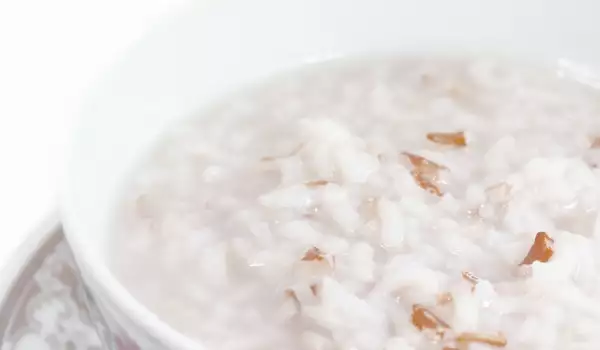
Allowed foods include bread and flour. Soups should be from lean meat or fish broth, supplemented with cereals and rice. Soups with vegetables, dairy products, strong and fatty broths are completely excluded.
Fresh fish can be included in the diet, when properly steamed or boiled.
Vegetables are used exclusively in the form of broths. Among the drinks, tea, especially green tea, mineral water are suitable.
Recommendations for nutrition for colitis
When following a colitis diet, it is necessary to give up many common products. This is a tough but imperative decision that will shorten the heavy periods and exclude them over time.
It is also necessary to pay attention to the quality of the food. Frozen and semi-cooked foods, canned and enriched with various enhancers, dyes and preservatives should be eliminated from the diet. This applies to both food and drink. These food enhancers often provoke problems in the presence of colitis.
It is good for the food of the person suffering from colitis to be home-cooked and consumed at an appropriate time. Eating late in the evening and especially at night is not recommended for any type of colitis, as it overloads the digestive system. Small portions served often are a trick that works flawlessly in this disease, as it is maximally gentle on the intestinal tract.
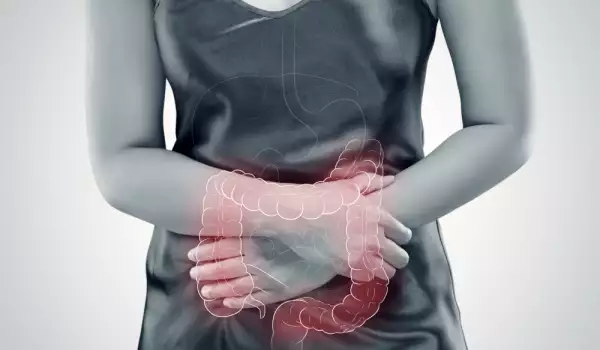




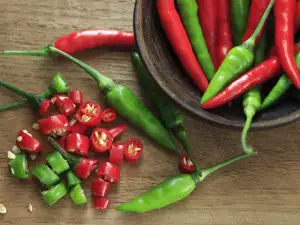
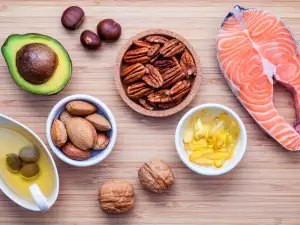
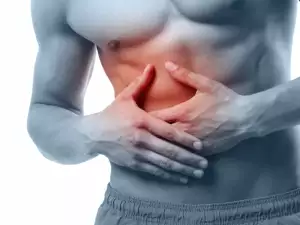

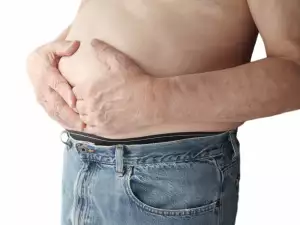



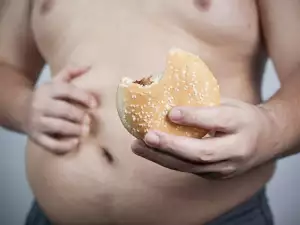

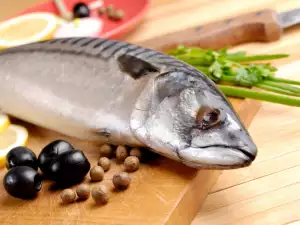




Comments